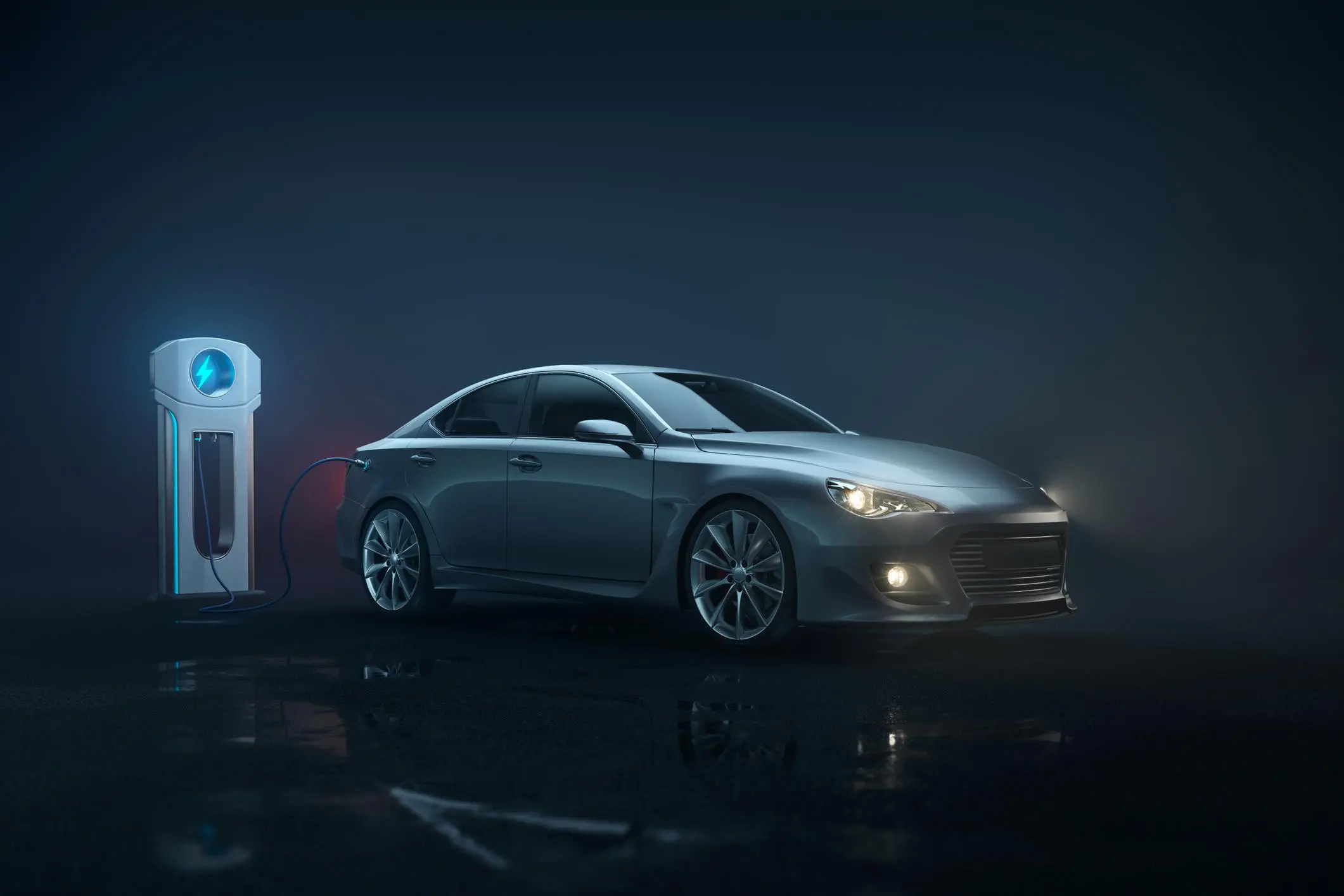PHOTO
In 2018, Saudi Arabia’s Public Investment Fund put about $1 billion into an electrical vehicles company called Lucid.
At that time, it appeared to be yet another routine business transaction, but it has proved to be another feather in the cap of the sovereign wealth fund as its original investment is now worth more than $20 billion — and expected to grow even more — as the company is due to start rolling out it’s EVs to take part in this fast-growing industry.
Lucid’s rival Tesla is now worth $700 billion, which is more than all US car manufacturers combined. This means that the road to EVs is wide open, and it will only grow over time. The PIF-Lucid deal gave Saudi Arabia a majority stake in the company, thus putting it in a position to influence it to build a manufacturing plant in Jeddah that could see the Kingdom producing EVs as early as 2024.
It also was a strategic and bold move by the world’s biggest oil exporter to become a participant in the EV industry. The investment made Saudi Arabia capable of achieving multiple goals envisaged in the Vision 2030.
First, this is part of Saudi investment to diversify its economy away from oil. PIF confirmed that its investment in Lucid company reflects its strategy of backing future opportunities that provide growth in returns: “Investment in Lucid is a step toward diversifying the returns for the Saudi sovereign fund and for the Kingdom as a whole.”
Second, the opening of a Lucid plant in Saudi Arabia will prove to be a seed that could see the Kingdom transform into a technology hub, which will create rewarding jobs and domesticize abilities in high-skill sectors. We must not forget that job creation and the domestication of innovative skills is another key component of Vision 2030.
Another key component that we should not overlook is Saudi Arabia’s drive toward clean energy and how EV can play a role as part of this move.
The rise of EVs has increased rapidly during the past 10 years and it is expected to continue at a swift pace around the world. This rise was supported by some key factors.
First, there has been a great improvement in battery technologies to make them safer, more powerful, cheaper, faster to charge, and easier to recycle. The world has seen a drop in the price of lithium-ion batteries used in EVs of more than 80 percent during the past 10 years, from more than $1,000 per kWh to $156 per kWh, and this is still decreasing. Also, manufacturers have been able to reduce or eliminate cobalt in batteries altogether, which is an expensive and a rare material. Improvement in battery efficiency and cost-effectiveness have been key factors in making EVs production possible. Lucid’s top-end EV model has an EPA rating of 800 km of driving range on a single charge, which is 160 km longer than a Tesla Model S.
Also, different policies have been adopted by countries to reduce carbon emissions and promote energy efficiency. Fuel-economy standards, zero-emission-vehicle mandates and low-carbon fuel standards are contributing to the sudden interest in EVs. However, there is a need to make investments in EV infrastructure (charging stations), and further technology improvements in batteries and their supply chains.
Saudi Arabia’s drive to switch to clean energy is real and the Kingdom is “walking the talk” to meet its Vision 2030 objectives, which include reducing carbon emissions by more than 60 percent. Saudi Arabia recently announced a plan to cut 130 million metric tons of carbon emissions annually, which is equivalent to 4 percent of global fossil fuel emissions each year.
The Kingdom plans to meet this goal by investing (for example) in clean hydrocarbon technology ventures such as the production of blue hydrogen. Saudi Arabia is also planning to plant 10 billion trees as part of a national plan to improve vegetation cover and preserve marine life as part of the “Saudi Green” initiative.
Thus, PIF investment in Lucid and EVs makes sense and is in line with Saudi plans to look for growth opportunities in order to diversify its economy while also implement sustainable energy strategies in the transportation sector to reduce carbon footprint. The development of EVs provides ample opportunity to improve sustainable mobility and energy diversity.
We also should not forget the fact that by using alternative energy for local use, the Kingdom can export more crude to meet increasing global fuel demand.
• Fuad Al-Zayer is an independent energy consultant. He is former head of Data Services Division at OPEC and a former head of the JODI Global Initiative at the IEF.
Copyright: Arab News © 2021 All rights reserved. Provided by SyndiGate Media Inc. (Syndigate.info).





















